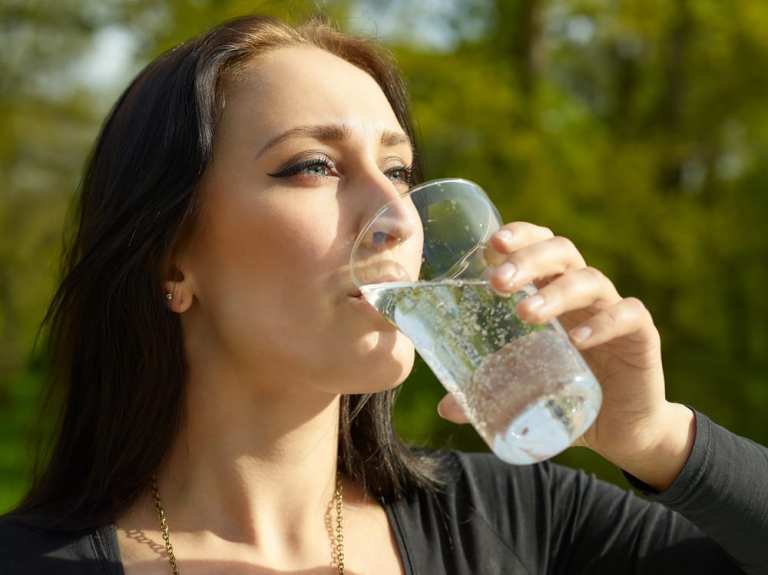Making A Market For Water With A Caffeinated Kick

Americans are heavy consumers of caffeine.
While we are not the world’s most coffee-enthused people – the average American drink less than half the amount of coffee daily as the average Swede or Finn, and drinks considerably less than is common in Switzerland, France, Germany, Italy and Brazil – we are dedicated, if not extreme, consumers of coffee. About half of the American population reports drinking coffee daily and an additional 30 percent report drinking it periodically. Among the daily drinkers, two to four cups per day is considered normal.
And what we lack in coffee enthusiasm we make up for in consumption of soft drinks. While we are not quite the world’s leading consumers of soft drinks (Argentina edges us out by a liter), Americans per capita consume 154 liters of soft drinks per capita, per year – or roughly 41.6 gallons, about enough to fill half an average bathtub.
Interestingly, that doesn’t put Americans over what is considered the healthy, normal amount of daily caffeine consumption – though if one drinks three cups of coffee and two caffeinated soft drinks per day, they will be right about level with the medically recommended limit of 400 milligrams.
The problem, Phocus Co-founder John Mittel discovered while staring into a vending machine while he was still in medical school at the University of Louisville, was all of the other things that one ended up drinking to gain access to the caffeine. Black coffee has few calories, but is generally so bitter that most people add sugar and/or dairy to lighten it and smooth out the taste – which means the calorie and sugar content spikes.
Soft drinks can be plenty refreshing, but they come packed with all kinds of artificial flavors, coloring and, of course, sugar.
That night in medical school, Mittel was unable to find a healthy option, so he ended up getting water and found himself wondering why he couldn’t just buy a version of that with caffeine, so he wasn’t constantly drinking sodas.
Mittel finished medical school, but made a left turn. Instead of going directly into his ophthalmology residency and moving toward the practice of medicine, he pitched his caffeinated water concept to his eventual Co-founder Thomas O’Grady. As Grady noted in an interview with WDRB Louisville, with the major national problems of obesity and diabetes, the no-calorie, no-sugar caffeine delivery business seemed like a natural and growing opportunity.
“I’ve always been in trading and markets, and I have always been a trend follower,” O’Grady said.
Launched In 2017, Phocus caffeinated water comes in several flavors, all calorie-free and without any kind of added sweeteners. It can now be found in 1,500 retail locations nationwide and counting. Last fall, the brand added Lucky’s and Giant supermarket chains to its distribution partners, alongside other nationally known names like CVS, which carries Phocus beverage products in 800 of its locations.
For Mittel, it was not an easy decision to walk away from a promising medical career in ophthalmology, nor is it easy to forget about that rather expensive medical degree he’s already earned. But he’s chosen to focus on Phocus, because while he won’t be helping patients the way he’d intended, he believes that by moving people away from the bubbly, sugary drinks he himself was once addicted to, he can make a bigger impact on public health.
“We’re starting to see the ramifications of the excess of soda and sugar in our society, and I think people are starting to realize that a lot of that stuff has been oversold,” he said. “A new era is here, especially with the millennial generation, and people are taking a new path,” Mittel told CNBC